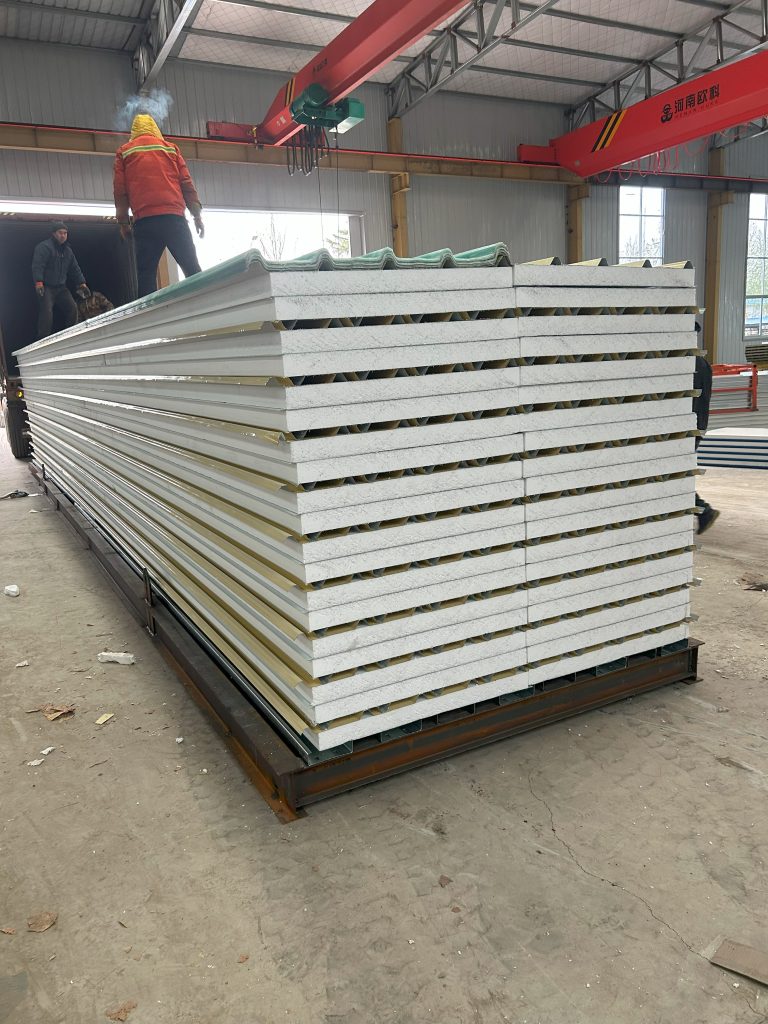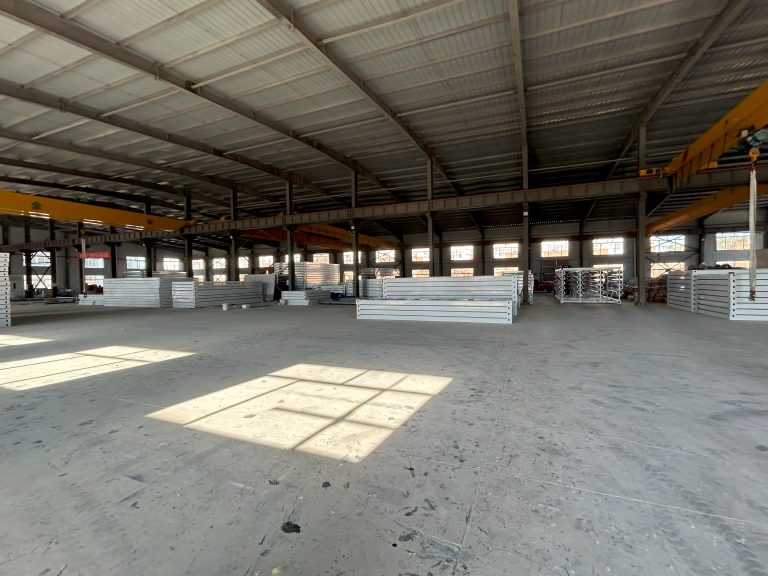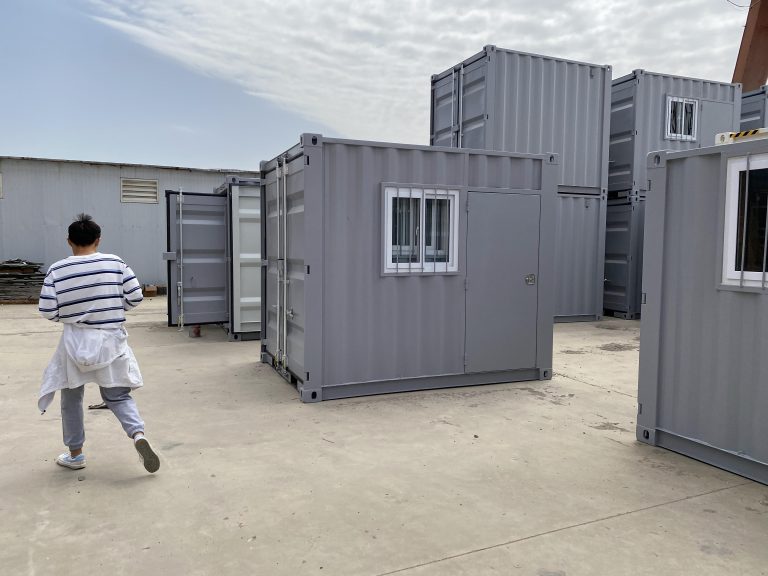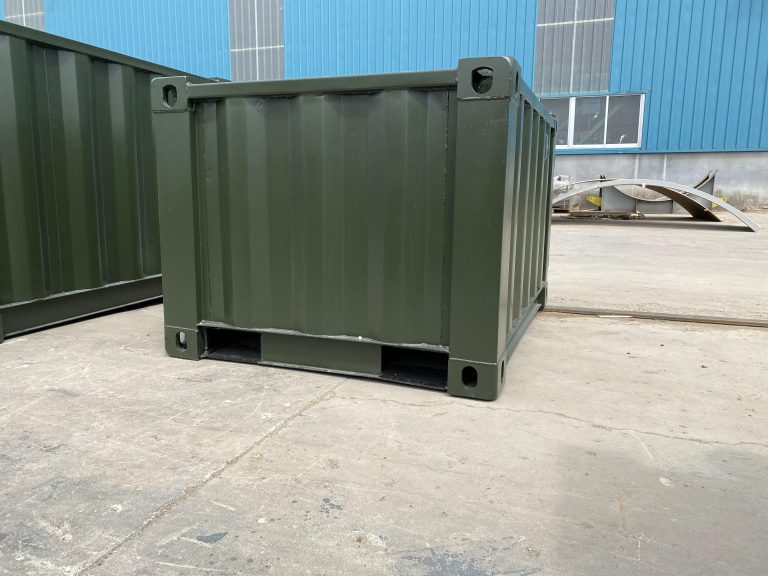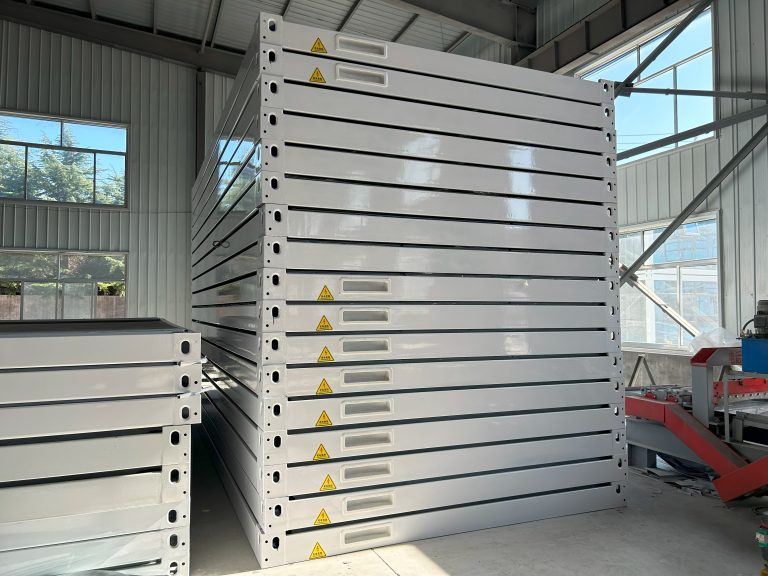Box room indoor space separation skills
Inhoudsopgave
Creative Ways to Divide a Box Room into Separate Functional Areas
When it comes to maximizing the functionality of a box room, one of the key challenges is finding creative ways to divide the space into separate functional areas. Whether you’re working with a small bedroom, home office, or playroom, creating distinct zones within a limited space can help you make the most of every square inch.
One of the most effective ways to divide a box room is by using furniture as a room divider. For example, a bookshelf or a freestanding wardrobe can be used to create a visual barrier between different areas of the room. By strategically placing furniture in the center of the room, you can create separate zones for sleeping, working, and relaxing.
Another option for dividing a box room is to use curtains or room dividers. These versatile solutions can be easily installed and removed, allowing you to change the layout of the room as needed. Curtains can add a touch of elegance to the space while providing privacy and separation between different areas.
If you’re looking for a more permanent solution, consider installing a sliding door or a pocket door to separate different areas of the room. These space-saving options can be a stylish addition to your box room while providing the flexibility to open up or close off specific areas as needed.
For a more creative approach, consider using plants or screens to divide the space. Indoor plants can add a touch of nature to the room while creating a visual barrier between different zones. Screens, on the other hand, can be used to add texture and visual interest to the space while providing privacy and separation.
When dividing a box room into separate functional areas, it’s important to consider the flow of the space. Make sure that each zone is easily accessible and that there is enough room to move between different areas comfortably. By carefully planning the layout of the room, you can create a cohesive and functional space that meets your needs.
In conclusion, dividing a box room into separate functional areas requires creativity and strategic planning. Whether you choose to use furniture, curtains, doors, plants, or screens, the key is to create distinct zones that serve different purposes while maintaining a cohesive overall design. By thinking outside the box and exploring different options, you can transform your box room into a versatile and multi-functional space that meets your needs and reflects your personal style.
Maximizing Storage and Organization in a Small Box Room
When it comes to maximizing storage and organization in a small box room, indoor space separation skills are essential. A box room, typically a small and compact space, can easily become cluttered and disorganized if not properly managed. By utilizing effective indoor space separation techniques, you can make the most of the limited space available and create a functional and organized room.
One of the key indoor space separation skills to master is the art of decluttering. Before you can effectively organize a small box room, you must first eliminate any unnecessary items that are taking up valuable space. Start by going through your belongings and sorting them into categories such as keep, donate, and discard. Be ruthless in your decluttering efforts and only keep items that are essential or hold sentimental value.
Once you have decluttered your box room, it’s time to focus on creating designated zones within the space. This can be achieved by using furniture and storage solutions to divide the room into different areas for specific purposes. For example, you could use a bookshelf or room divider to separate a workspace from a sleeping area, or install floating shelves to create a designated storage area for books or decorative items.
Another indoor space separation skill to consider is the use of vertical storage solutions. In a small box room, floor space is often limited, so it’s important to make use of the vertical space available. Wall-mounted shelves, hanging organizers, and over-the-door storage solutions are all great options for maximizing storage without taking up valuable floor space. By utilizing vertical storage solutions, you can keep your belongings organized and easily accessible while freeing up floor space for other purposes.
In addition to creating designated zones and utilizing vertical storage solutions, it’s important to also consider the layout of your box room. By carefully planning the placement of furniture and storage solutions, you can make the most of the available space and create a functional and visually appealing room. Consider the flow of the room and how you can optimize the layout to maximize storage and organization.
When organizing a small box room, it’s also important to think about the aesthetics of the space. By incorporating cohesive color schemes, decorative accents, and organizational tools, you can create a visually appealing and harmonious room. Consider using storage baskets, bins, and containers in coordinating colors to keep your belongings organized and add a touch of style to the room.
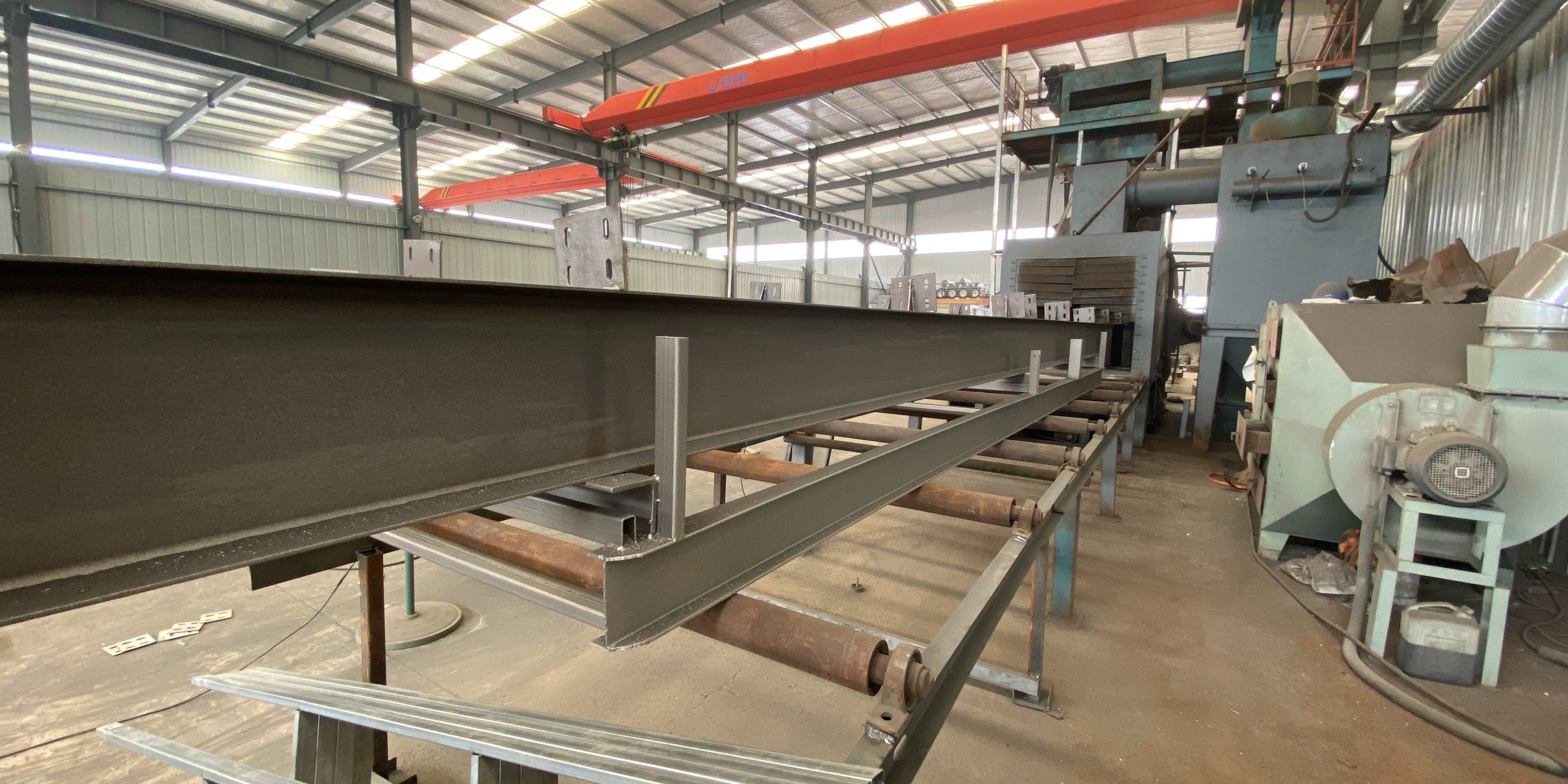
In conclusion, mastering indoor space separation skills is essential for maximizing storage and organization in a small box room. By decluttering, creating designated zones, utilizing vertical storage solutions, carefully planning the layout, and considering the aesthetics of the space, you can create a functional and organized room that meets your needs and reflects your personal style. With the right skills and techniques, you can transform your box room into a space that is both practical and visually appealing.

